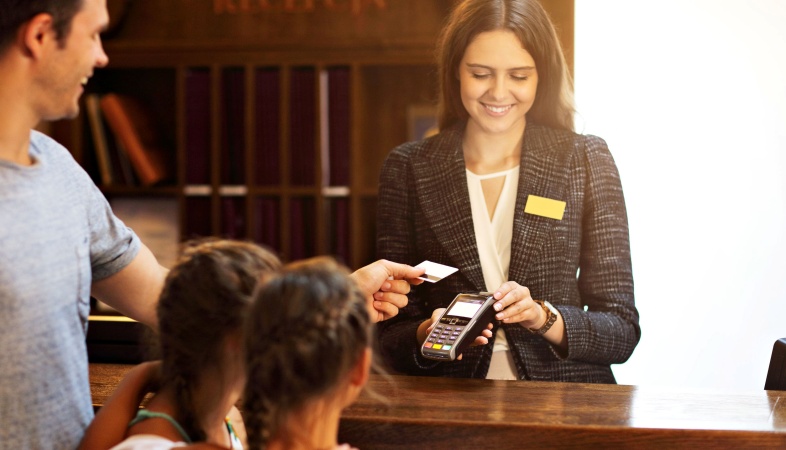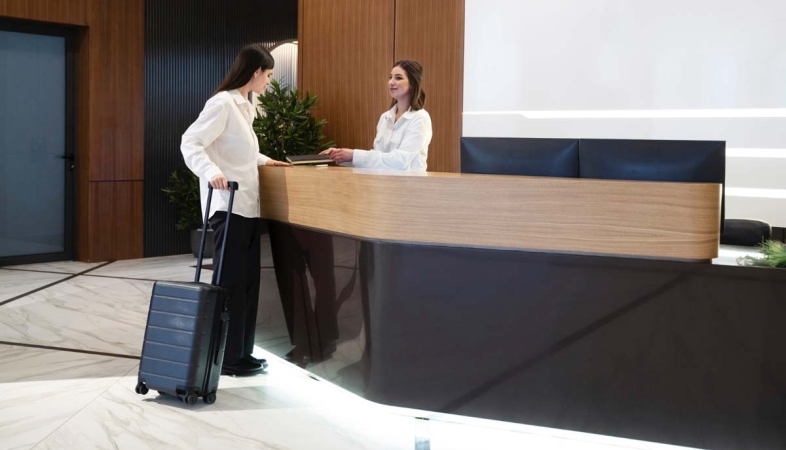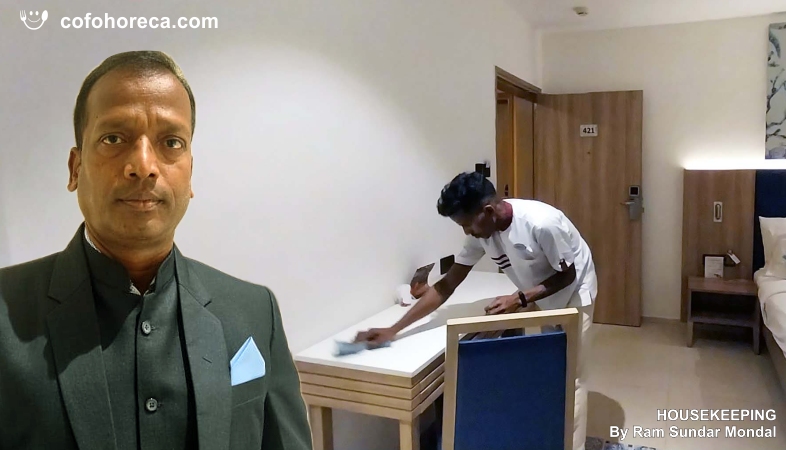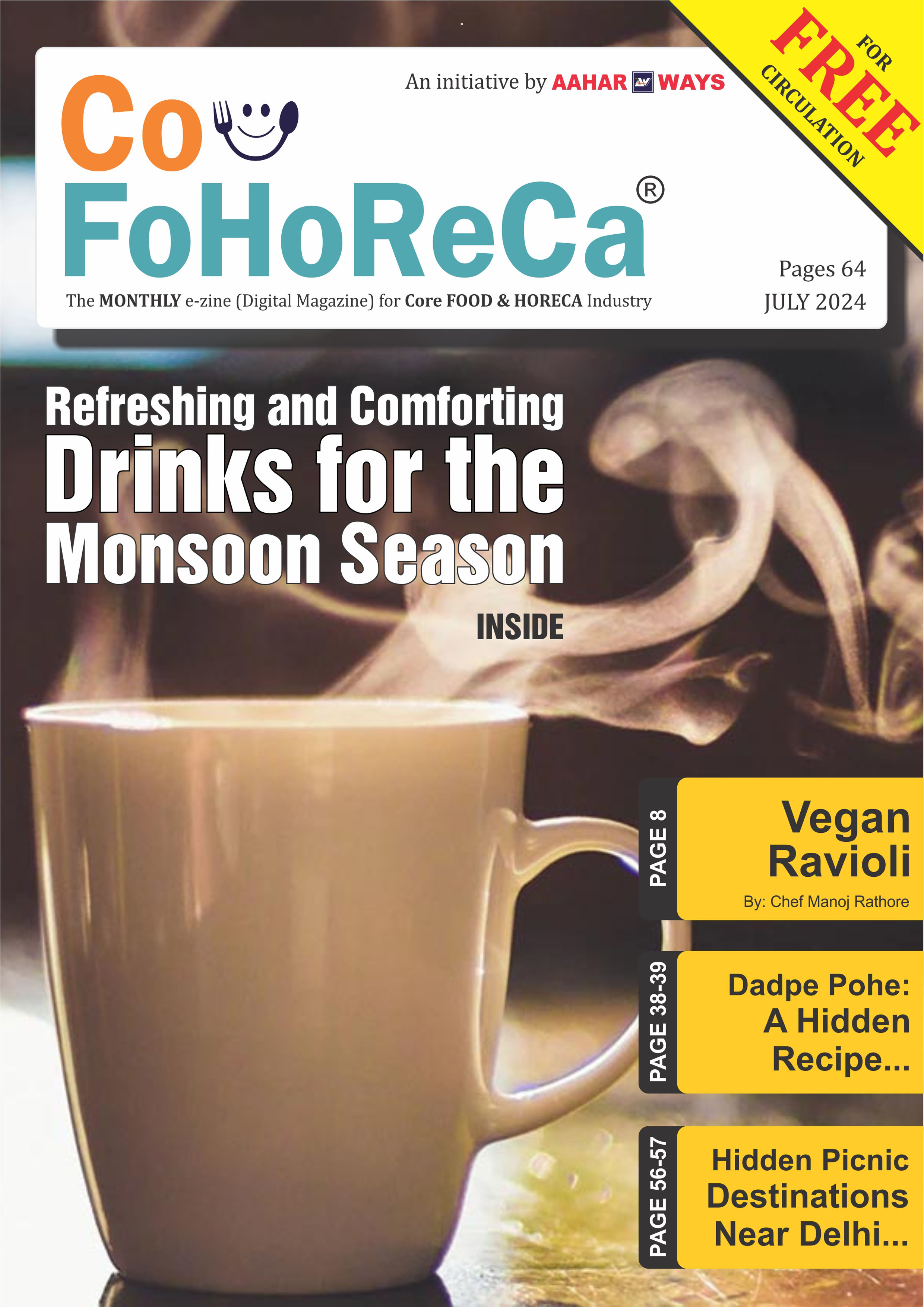The Neuroscience of First Impressions: Understanding the Brain Science Behind Memorable Check-In Experiences
The neuroscience of first impressions offers valuable insights into the factors that influence guests' perceptions and behaviors during the check-in process.

In the realm of hospitality, the importance of first
impressions cannot be overstated. From the moment guests step through the door,
they begin forming judgments and impressions that can shape their entire
experience. But what exactly happens in the brain during those critical first
moments, and how can hospitality professionals leverage neuroscience to create memorable
check-in experiences? Join us as we explore the fascinating world of the
neuroscience of first impressions and uncover the brain science behind
unforgettable check-in experiences.
At the heart of the neuroscience of first impressions lies the concept of the amygdala—a small, almond-shaped structure deep within the brain that plays a crucial role in processing emotions and forming snap judgments. When guests first arrive at a hotel or resort, their amygdala is in a heightened state of alertness, scanning the environment for potential threats or rewards. This evolutionary mechanism, known as the "amygdala hijack," allows the brain to quickly assess new situations and react accordingly.
Moreover, research has shown that the amygdala is highly sensitive to environmental cues, such as lighting, colors, and spatial layout, that can influence mood and emotions. By strategically designing check-in areas to evoke feelings of warmth, comfort, and relaxation, hospitality professionals can help put guests at ease and create a positive first impression. For example, soft lighting, soothing colors, and comfortable seating can all contribute to a welcoming and inviting atmosphere that sets the stage for a memorable check-in experience.
In addition to environmental cues, interpersonal interactions also play a crucial role in shaping first impressions. When guests are greeted by friendly, attentive staff members who exude warmth and professionalism, their brains release feel-good neurotransmitters such as dopamine and oxytocin, which are associated with pleasure, trust, and social bonding. Conversely, negative interactions or perceived rudeness can trigger the release of stress hormones such as cortisol, leading to feelings of anxiety and discomfort.
Furthermore, the design of the check-in process itself can significantly impact guests' perceptions of efficiency, convenience, and overall satisfaction. Research has shown that long wait times, confusing signage, and cumbersome paperwork can trigger feelings of frustration and impatience, leading to negative first impressions. By streamlining the check-in process through the use of technology, such as mobile check-in apps and self-service kiosks, hospitality professionals can minimize friction points and enhance the overall guest experience.
But perhaps the most powerful way to create memorable check-in experiences is through the use of personalization and customization. By anticipating guests' needs and preferences based on past interactions and data insights, hospitality professionals can tailor the check-in experience to each individual guest, making them feel valued and appreciated. Whether it's remembering their favorite room preferences, offering personalized welcome amenities, or addressing them by name, these small gestures can have a big impact on guest satisfaction and loyalty.
The neuroscience of first impressions offers valuable insights into the factors that influence guests' perceptions and behaviors during the check-in process. By understanding the role of the amygdala in processing emotions and forming snap judgments, as well as the impact of environmental cues, interpersonal interactions, and process design, hospitality professionals can create memorable check-in experiences that delight guests and set the stage for a positive overall stay. So the next time you welcome guests to your property, consider the neuroscience of first impressions and how you can leverage it to create unforgettable moments that leave a lasting impression.
.png)





























